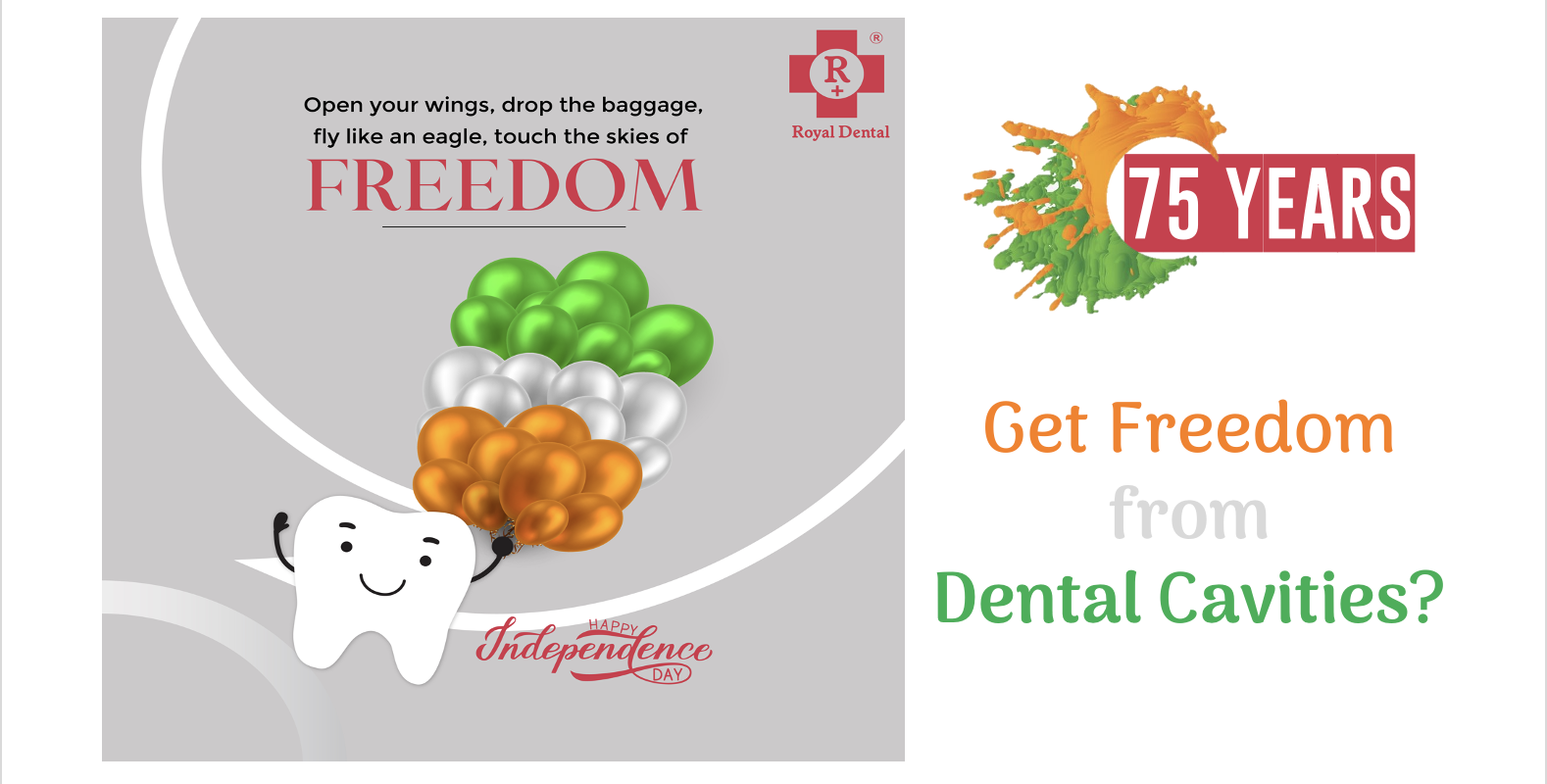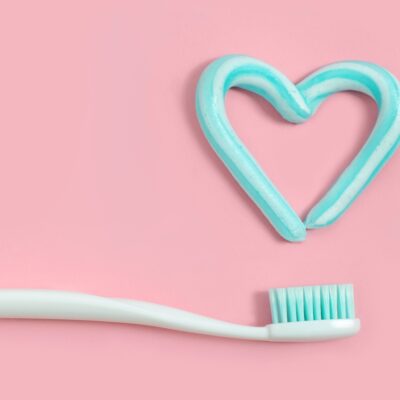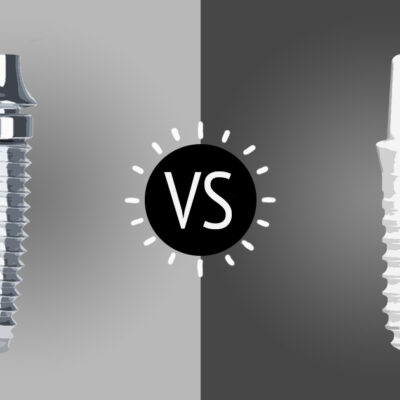When you have a cavity, it is recommended that you get it fixed as soon as possible. Untreated cavities can cause pain and lead to tooth decay if left untreated for too long. This can also lead to other issues such as a dry socket or pulp exposure which are dangerous if not treated quickly. However, even if you go to the dentist as soon as you notice that you have a cavity, there are still some risks involved with leaving it untreated for too long. Untreated tooth cavities can increase your risk of suffering from oral cancer by about 40%. You will also be at increased risk of contracting an infection.
Moreover, if the cavity becomes infected, your risk of contracting pneumonia increases by about 70%. Untreated or poorly treated cavities can also cause issues such as heart disease, high blood pressure, and diabetes. Here we discuss in detail the health risks of untreated tooth cavities.
Oral health risks of untreated tooth cavity
Cavities are the result of the process of demineralization and remineralization of the tooth. When there is too much acid in the mouth, it begins to break down the tooth. This process is called demineralization. When the acid makes contact with the tooth, it breaks down the proteins and minerals that make up the tooth. When it comes in contact with the tooth, it is not soluble in water, so it will sit on the tooth.
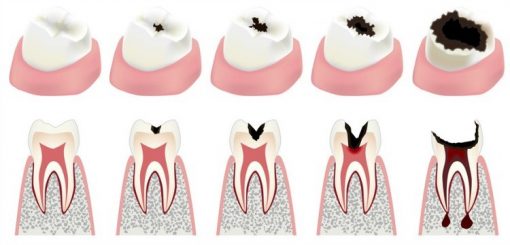
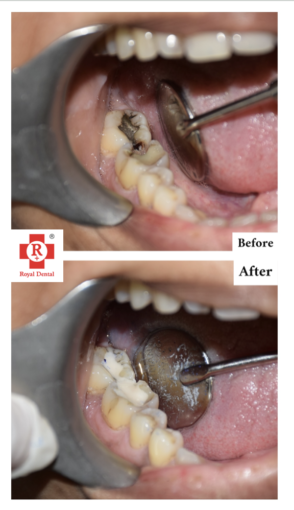
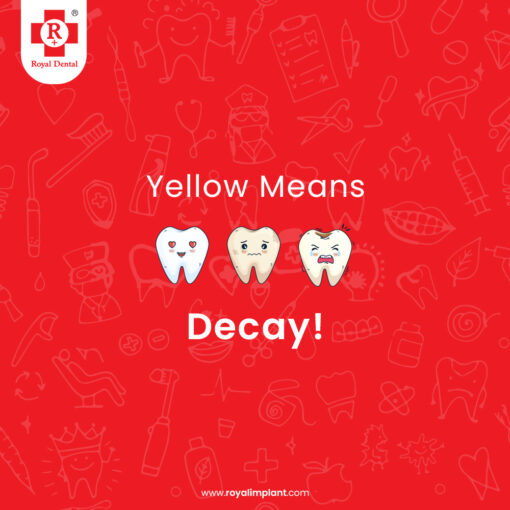
This way, plaque turns into tartar and that is when tooth decay begins. This is why the longer plaque stays on a tooth, the more likely it is that tooth decay will occur. If the plaque is not removed, it can harden into tartar, which is difficult to remove. The surface of your teeth is made up of enamel which can break down due to tooth decay. With untreated cavities, tiny openings or holes will form on your teeth.
Tooth cavity structure
The continuous decay of your teeth may result in complications in your teeth’ structure. Your dental structure becomes weaker and vulnerable when your enamel breaks down. So, if you delay your visit to the dentist, you increase the risk of your tooth breaking or chipping. The decay can also spread to your other teeth and eventually lead to tooth loss.
Dry socket risk
When a tooth has been treated with tooth extraction, the dentist will recommend you to use a dry socket preventive treatment to reduce the chances of dry socket. A dry socket is a painful dental complication that occurs when the blood clot within the extraction site is dislodged or broken down. This can be very painful, but fortunately, it can be treated with antibiotics, painkillers, and other therapies. However, when a tooth is left untreated and is then extracted, the risks of developing a dry socket are increased. Untreated tooth cavities can cause sensitive teeth, tooth decay, and an increased risk of gum disease.
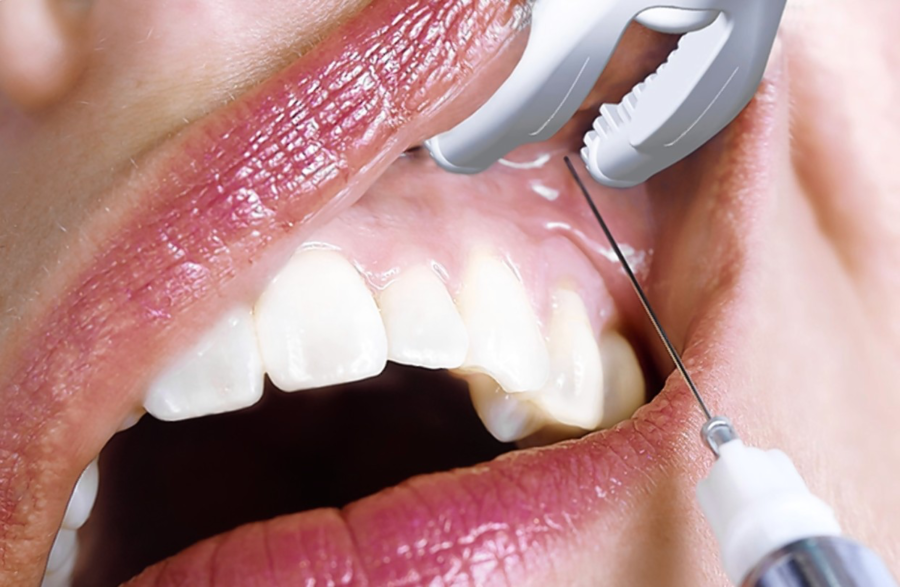
However, most of these issues can be solved with proper dental care.A dry socket (alveolar osteitis) is a painful dental condition that sometimes happens after you have a permanent adult tooth extracted. A dry socket is when the blood clot at the site of the tooth extraction fails to develop, or it dislodges or dissolves before the wound has healed.
Normally, a blood clot forms at the site of tooth extraction. This blood clot serves as a protective layer over the underlying bone and nerve endings in the empty tooth socket. The clot also provides the foundation for the growth of new bone and for the development of soft tissue over the clot.
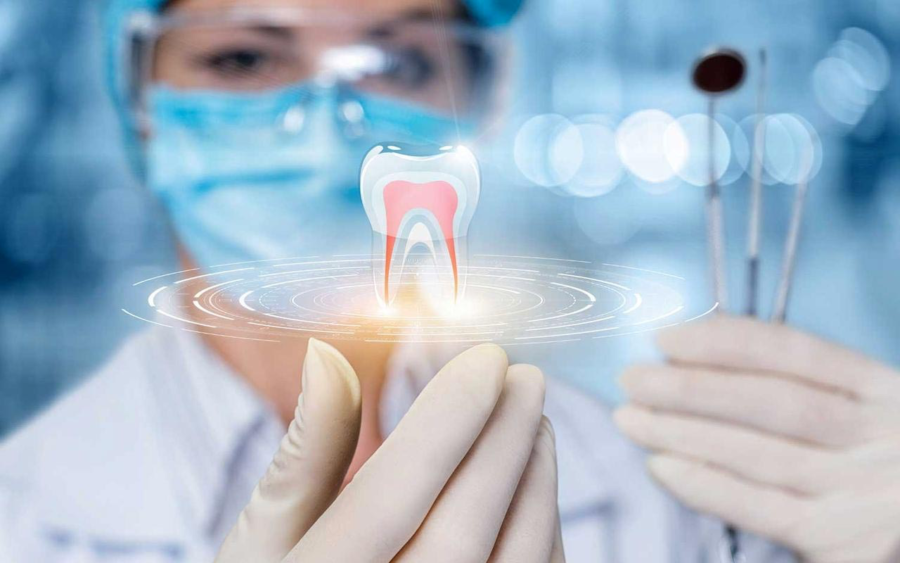
Exposure of the underlying bone and nerves results in intense pain, not only in the socket but also along the nerves radiating to the side of your face. The socket becomes inflamed and may fill with food debris, adding to the pain. If you develop a dry socket, the pain usually begins one to three days after your tooth is removed.
Dry socket is the most common complication following tooth extractions, such as the removal of third molars (wisdom teeth). Over-the-counter medications alone won’t be enough to treat dry socket pain.
Your dentist or oral surgeon can offer treatments to relieve your pain.
Pulp exposure risk | Tooth Cavity
When you suffer from a toothache, it is often a sign of a dental infection. Dental infections occur when bacteria get into the tooth and start to multiply. When the bacteria multiply, they produce toxins that cause toothache. Toothaches are often caused by tooth decay. Tooth decay is caused by bacteria in the mouth feeding on sugars to produce acid that destroys tooth enamel.
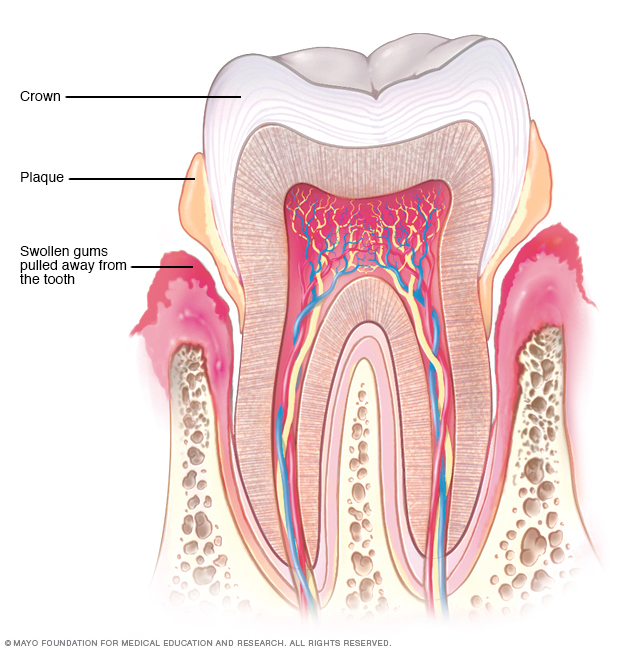
When there is decay in the tooth, it can also damage the tooth nerve. The damage to the tooth nerve can cause pain and sensitivity. When the tooth nerve is damaged, it can also be at risk of exposure. This is dangerous because bacteria that have made their way into the tooth can now reach the tooth nerve. The bacteria can then infect the tooth nerve, which can cause toothache. If the tooth nerve is infected, it can cause permanent damage to the tooth.
Infection risk in tooth cavity
An infection in the mouth is often caused by bacteria. A tooth cavity is an open space in the tooth where bacteria can easily collect. When bacteria collects in the cavity, it can cause toothache. In some cases, bacteria can spread to the gums and cause an infection. When the gums become infected, they will become red, swollen, and painful. An infection in the gums can often spread to the rest of the mouth and the surrounding areas.
When an infection is left untreated, it can damage the tissues in the mouth. It can also cause the tissues in the mouth to become infected. Untreated tooth cavities can cause tooth decay and gum disease.
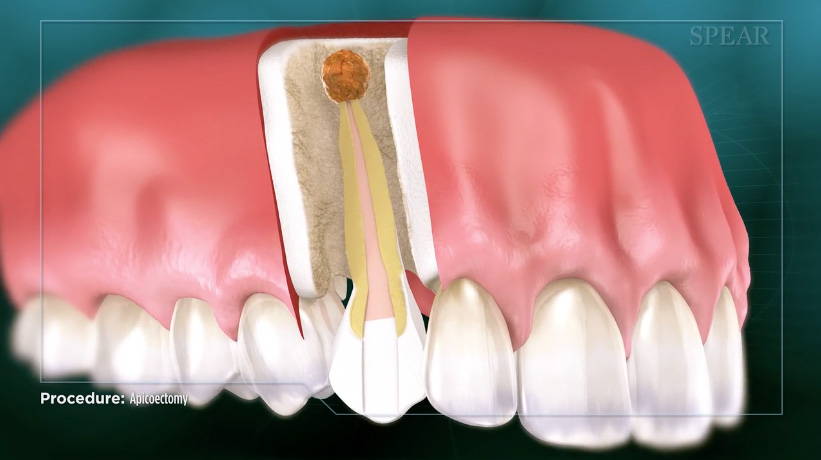
A tooth becomes infected when bacteria gets into the tooth through a chip, crack, or cavity. Your risk factor for a tooth infection increases if you have:
- Poor dental hygiene, including not brushing your teeth 2 times a day and not flossing
- High sugar diet, including eating sweets and drinking soda
- Dry mouth, which is often caused by aging or as a side effect of certain medications
Conclusion
When you have a toothache, it is important to visit your dentist right away. In the event that it is infected, the dentist will recommend antibiotics. If you have a cavity and it is not treated, the bacteria from the cavity can cause an infection. However, when you go to the dentist and get the cavity fixed, the dentist will clean out the infection. If you notice that you have a toothache, it is important to visit the dentist. The sooner you go to the dentist, the more effective the treatment will be.

